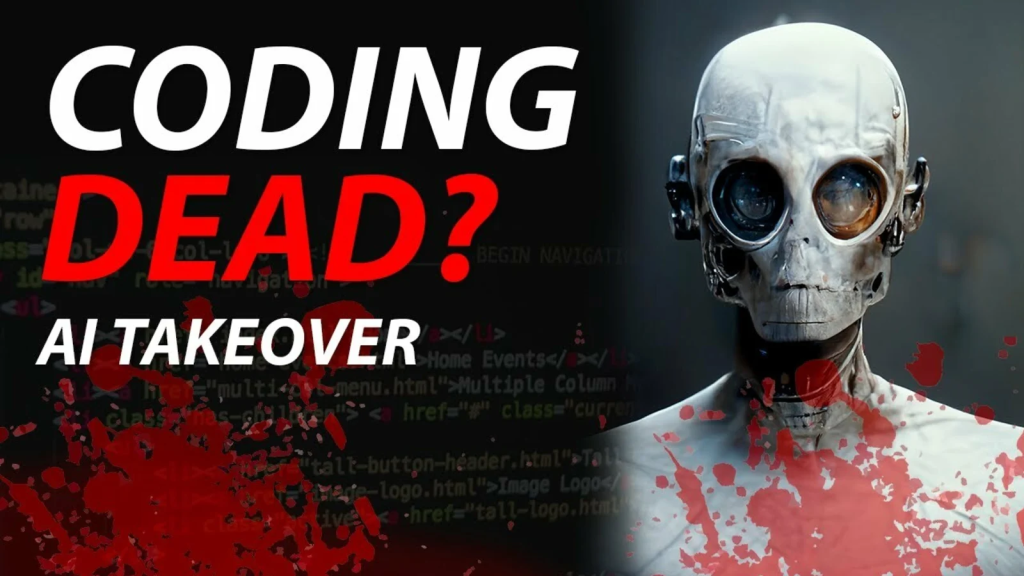ChatGPT AI has undoubtedly revolutionized many industries, successfully carrying out tasks that were once deemed impossible. It has proven its mettle in various fields, including customer service, content generation, and information retrieval. However, there are two sides to every coin. While ChatGPT AI has brought about immense progress and convenience, it has also inadvertently disrupted and challenged the traditional role of programmers.
Programmers have long been the architects behind software development and the driving forces behind innovations. They have spent countless hours meticulously designing and implementing algorithms, ensuring the efficiency and functionality of programs. However, with the advent of advanced AI systems like ChatGPT, the dynamic has shifted.
ChatGPT AI, powered by OpenAI’s impressive language model, utilizes machine learning algorithms to generate human-like conversations. It is capable of understanding context, responding intelligently, and even mimicking human error patterns. This level of sophistication raises concerns among programmers about job security and their indispensability in the industry.
One of the significant impacts of ChatGPT AI on programmers is the automation of repetitive coding tasks. Previously, programmers would spend hours writing lines of code to carry out specific functions. However, with AI’s emergence, these mundane tasks can now be automated. Instead of hand-crafting each line of code, developers can train ChatGPT AI to generate code snippets based on input/output examples or predefined templates. This significantly reduces the time and effort required for programming, rendering certain roles redundant.
Furthermore, ChatGPT AI possesses the ability to understand user intent and generate appropriate responses. This makes it a formidable candidate for customer service interactions and support. Traditionally, customer service representatives and programmers worked together to address user queries, resolve technical issues, and provide assistance. Nevertheless, with the growing sophistication of AI-powered chatbots, programmers find themselves in decreasing demand for such roles. Companies now opt to deploy ChatGPT AI-based chatbots, which effectively handle customer inquiries, troubleshoot problems, and retain a conversational flow without human intervention. Consequently, programmers may find themselves rethinking their career trajectories.
Another domain where ChatGPT AI encroaches on programmer territory is in content generation. Writing articles, producing news reports, and even crafting marketing copy were once meticulously undertaken by human writers. However, AI has disrupted this field by creating language models that automatically generate highly articulate content. ChatGPT AI can analyze vast amounts of data and synthesize it into coherent narratives, making it an appealing choice for content creation. It does not experience writer’s block, fatigue, or the need for self-expression as humans do. This raises concerns among programmers who previously worked on projects that involved content creation, as they might be marginalised due to AI’s ability to deliver quality output in a fraction of the time.
Though ChatGPT AI has disrupted certain aspects of programming, it is essential to remember that AI is a tool and not a replacement for human ingenuity. While repetitive coding tasks may be automated, programmers also possess the critical skills required for complex problem-solving, algorithm development, and system architecture design. Moreover, programmers can leverage AI tools like ChatGPT to enhance their productivity and focus on more innovative and challenging tasks.
In conclusion, ChatGPT AI undeniably impacts the programming industry by automating repetitive coding tasks, replacing certain roles, and challenging traditional norms. However, it is crucial to recognize that programmers still play a vital role in software development, leveraging AI tools to augment their capabilities rather than fearing obsolescence. By embracing this symbiotic relationship between human programmers and AI technology, they can continue to lead innovation and adapt to the evolving needs of the industry.
https://wedoallthework.now.site


